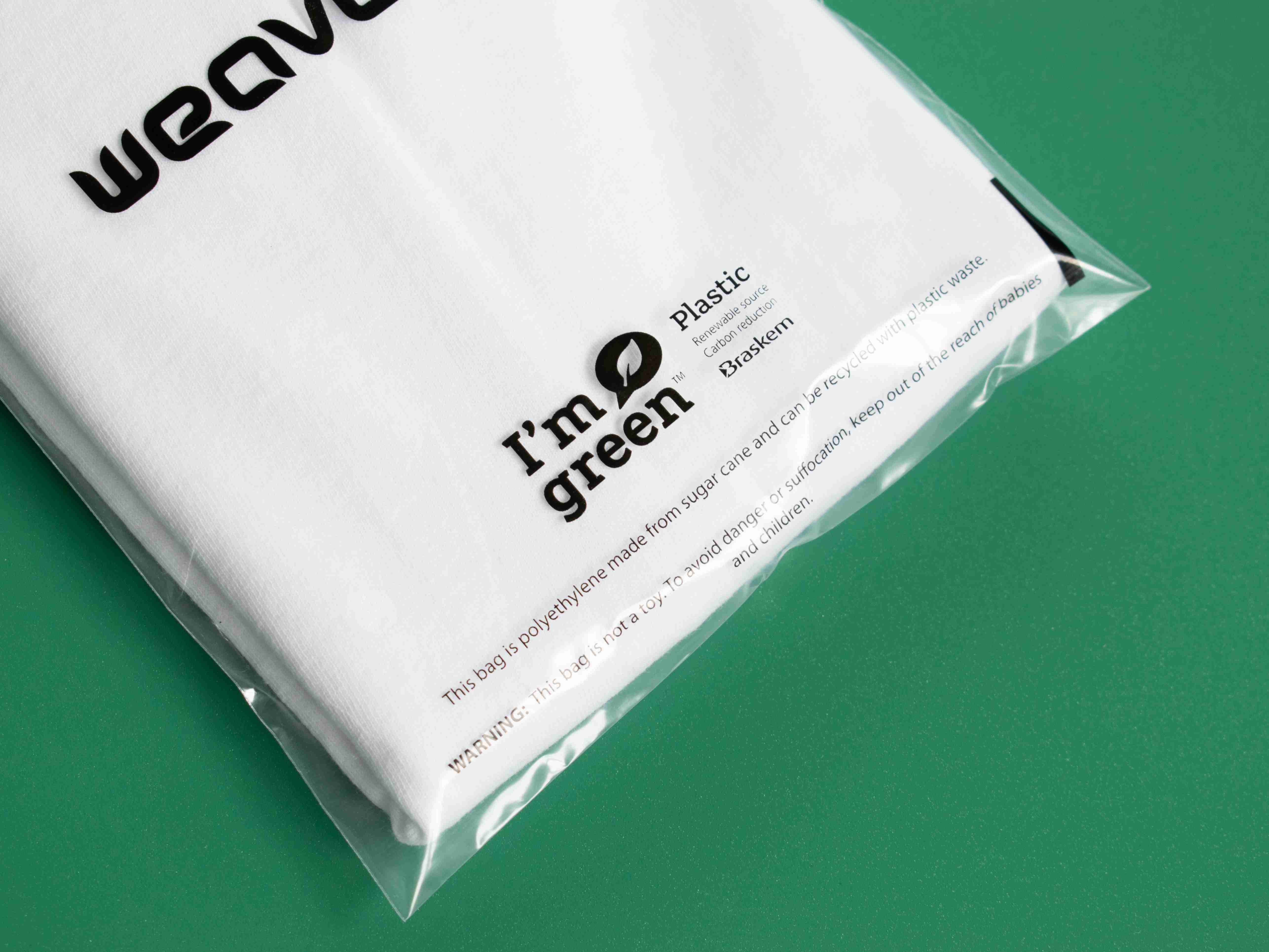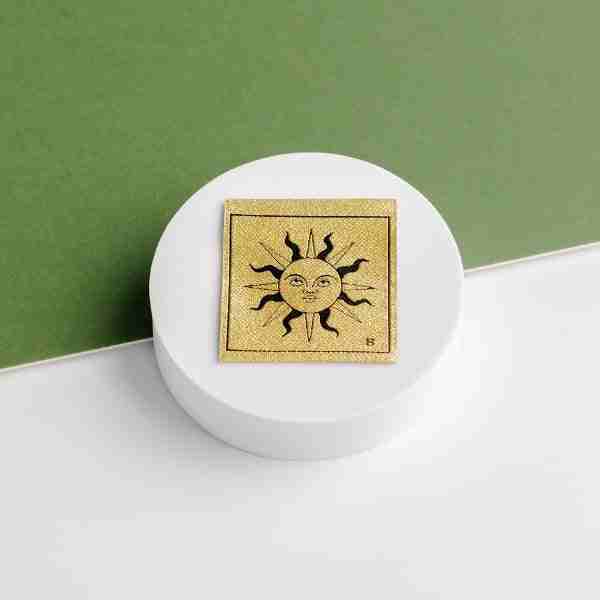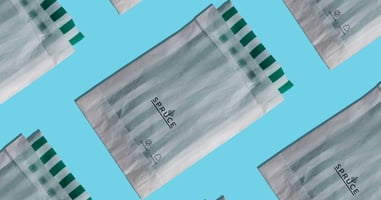EU Deforestation Regulation (EUDR)
The regulations require companies to prove that their products have not contributed to deforestation. Learn more about EUDR here.
.png)
Traceability and compliance: EUDR supports global action to tackle climate.
On 29 June 2023 the EU deforestation and forest degradation regulation entered into force- (EU) 2023/1115. The regulation on deforestation-free products repeals the EU Timber Regulation.
- The aim of EUDR
- What's included in the regulation
- EUDR requirements
- Due diligence statement
- Grading
- Non-compliance
- Forest Stewardship Council (FSC)
- Costs and disruption
- Implementation dates
- Weavabel's commitment
The aim of EUDR
EUDR aims to cut greenhouse gas emissions by globally targeting commodities linked to deforestation or goods produced on degraded land anywhere in the world.
Companies in the EU or Northern Ireland, as well as non-EU who supply and sell into the EU will need to prove their products are deforestation-free.
The legislation applies to items produced on land that has not been subject to deforestation or forest degradation post 31st December 2020.
What's included in the regulation
Products impacted include those made or derived from:
- Cattle
- Cocoa
- Coffee
- Oil palm
- Rubber
- Soya
- Wood (including paper products)
There are no minimum values or volumes of goods – all are subject to the regulation.
EUDR requirements
The regulations require companies to prove that their product’s components, ingredients or production process have not contributed to deforestation. This includes their full product’s value chain, as well as their product.
EUDR due diligence statement
- The description of the goods including the tradename and type.
- For wood products, the common name and scientific species name.
- Set against the relevant HS code from Annex 1, the quantity of products entering or leaving the EU/NI markets.
- The country of production and where applicable, the areas or regions.
- The geolocation of the plot(s) of land of the goods to allow an evaluation of the level of risk of deforestation or forest degradation.
- The date and time range of production.
- The name, postal address and email address of any supplier(s).
- The name, postal address and email address where supplied.
- Conclusive and verifiable information that the products are deforestation-free, certification or third-party verification schemes can be used as part of this procedure.
- Conclusive and verifiable information that the products have been produced according to the legislation of the country of production, including any rights to use the area for the production of the commodity, verifying there is no risk of illegality in the supply chain.
- Risk assessment measures.
- Risk mitigation measures.
Grading
Countries and territories will be assigned a level of risk (low, standard or high) that is related to deforestation and forest degradation.
Non-compliance
No product or commodity will be banned. Where non-compliance is found, goods can be seized or suspended from the market. Fines will also be set, proportionate to the environmental damage and the value of the products. These start from 4% of the operators' annual turnover in the EU.
Forest Stewardship Council (FSC)
The good news is Forest Stewardship Council (FSC) certificate holders will not be affected by EUDR because they are aligned with this certification.
To demonstrate compliance with deforestation-free regulations, Weavabel has obtained certifications such as the Forest Stewardship Council (FSC) certification. This certification indicates that the wood and pulp used in our paper production process are sourced from responsibly managed forests, thereby promoting sustainable forestry practices. Learn more about FSC & EUDR.
Costs and disruption
There will no doubt be disruption and a cost to compliance across the supply chain.
Implementation dates
The implementation date for EUDR has been extended to December 2025 due to pressure being received from governments and companies who are requesting additional time to prepare.
In addition, if a clothing factory is going to use a tag to label a product, the tag may be considered as part of the “packaging”, which would therefore be excluded from the EUDR scope.
Weavabel's commitment
Looking ahead to December 2025, we are closely monitoring FSC-integrated solutions using technology to enable us to track products throughout the entire supply chain, meet EUDR traceability requirements and generate due diligence statements for submission to the EU.
While adapting to regulations on deforestation-free products presents challenges, it underscores our commitment to environmental responsibility and contributes to global efforts in mitigating deforestation.
We are dedicated to embracing sustainable sourcing practices, ensuring supply chain transparency, and promoting eco-friendly products.
We’d like to encourage all our brands to embrace low-carbon, next-generation materials.
Please reach out to the team at Weavabel with any questions on EUDR or for any advice on your trims and packaging.








